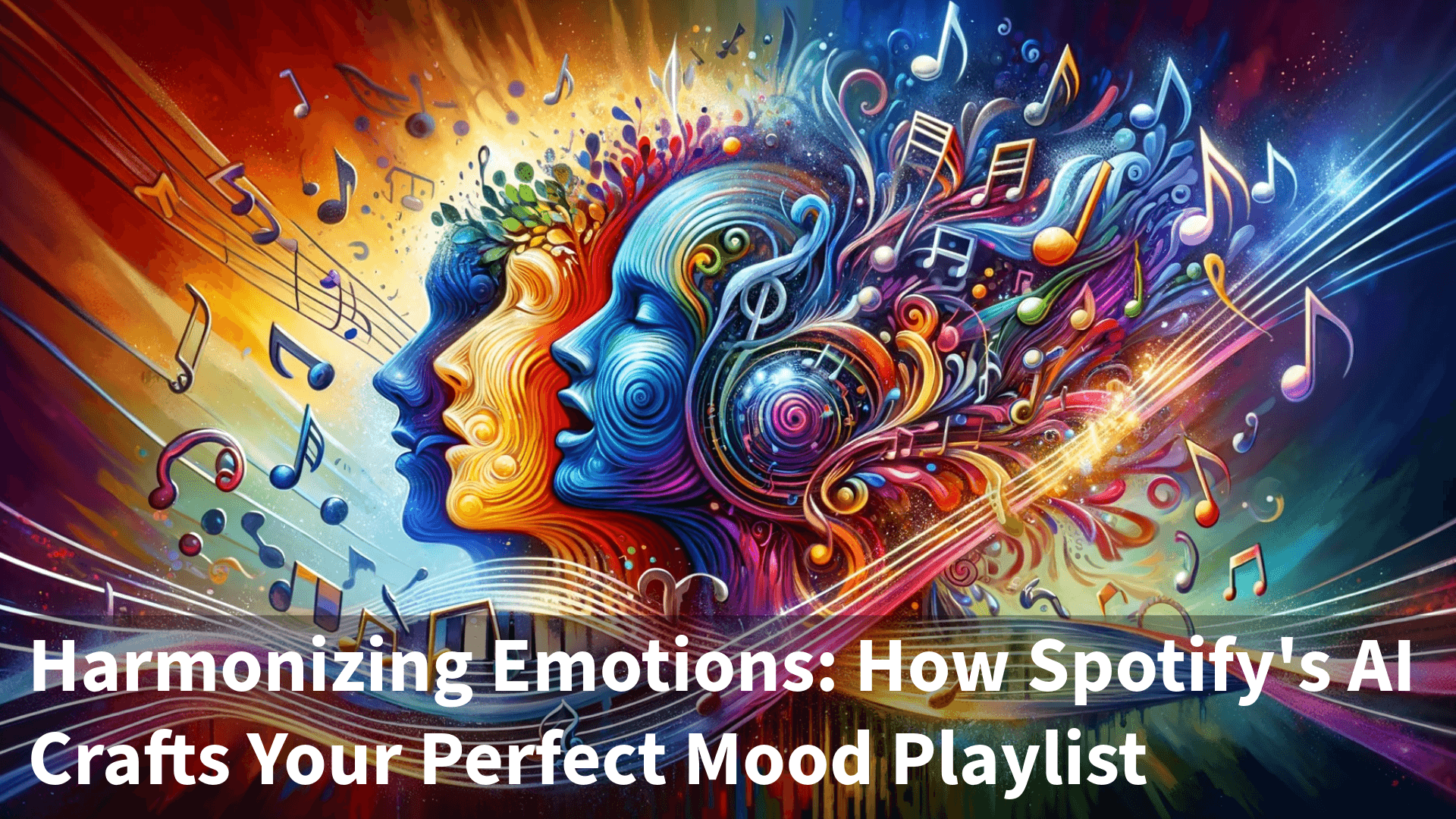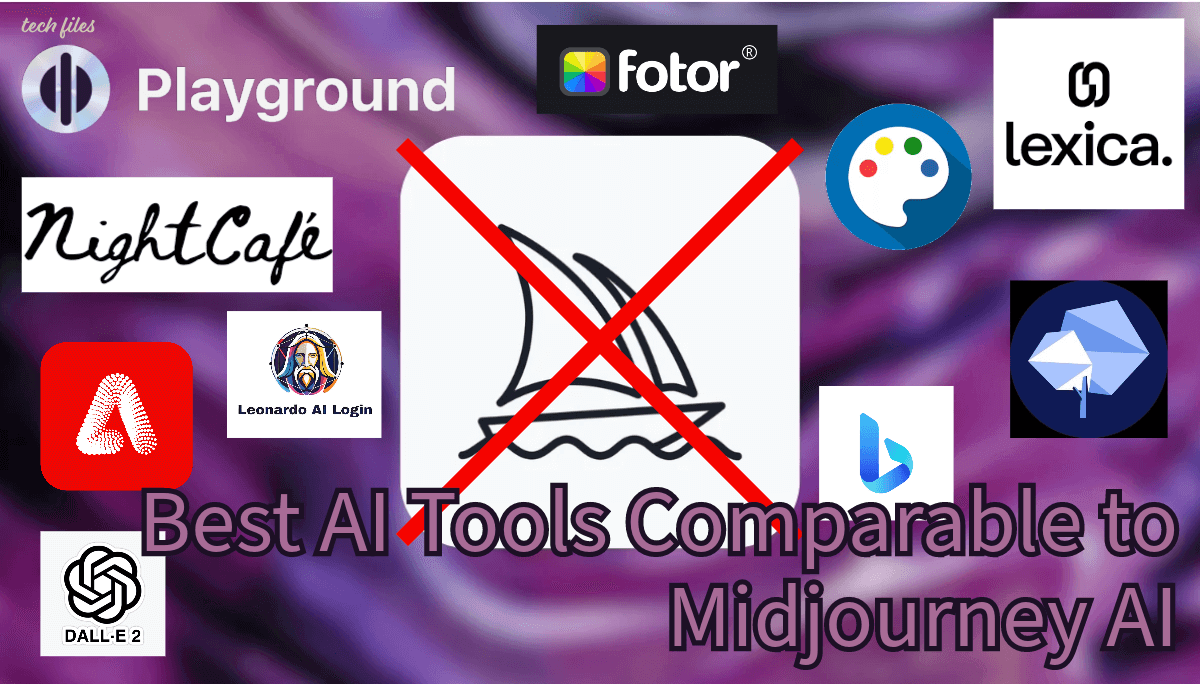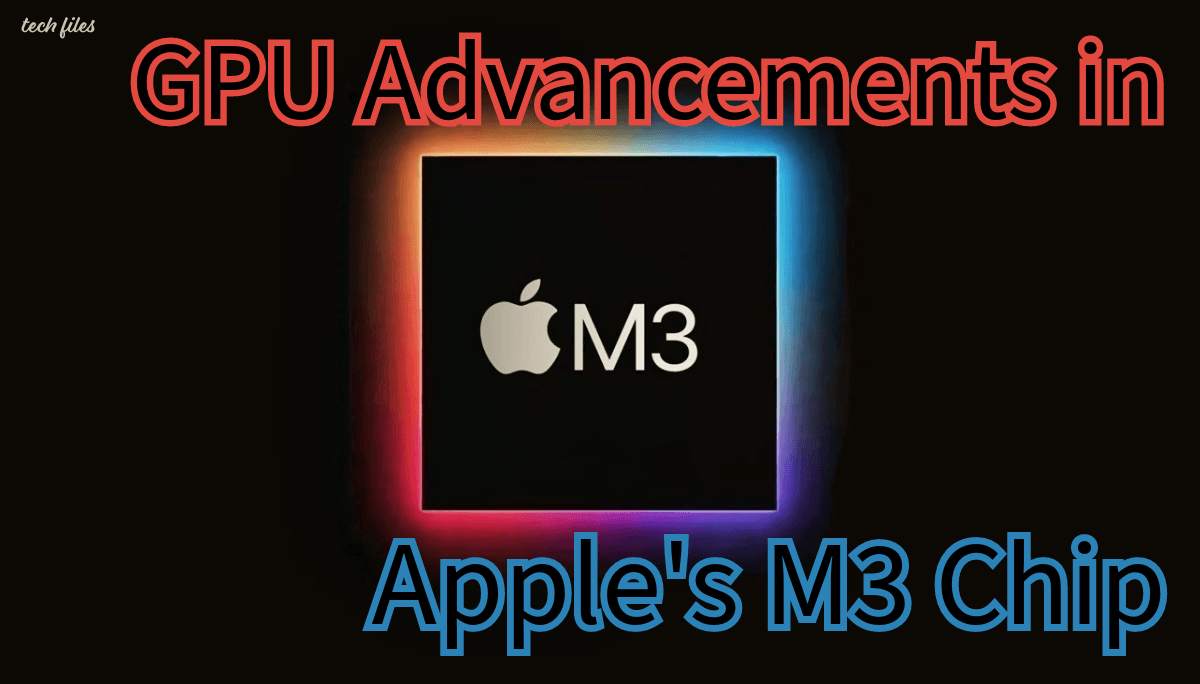The Synergy of AI and Blockchain: Unlocking a New Era of Innovation

Blockchain and artificial intelligence (AI) are two rapidly evolving technologies that have captured the attention of researchers, innovators, and industry professionals alike. Individually, they have the potential to revolutionize various sectors, but when combined, they create a powerful synergy that unlocks new possibilities. The integration of blockchain and AI has the potential to enhance the security, privacy, and efficiency of various applications across industries such as finance, healthcare, supply chain management, and more. This article delves into the foundations of blockchain and AI, explores their real-world applications, analyzes their impact on security and privacy, unveils the power of smart contracts and autonomous agents, addresses scalability and interoperability challenges, evaluates ethical considerations, predicts their long-term impact, explores emerging technologies at their intersection, and provides industry insights from experts in the field.
Understanding the Foundations: Delving into the Basics of Blockchain and AI
To understand the foundations of blockchain and AI, it is essential to explore the basics of each technology individually. Starting with blockchain, it is a decentralized and distributed ledger system that allows secure and transparent recording of transactions. At its core, blockchain comprises a series of linked blocks, each containing a unique cryptographic hash code and a record of transactions. This ensures that all transactions are verified and cannot be altered or tampered with. The use of consensus algorithms further strengthens the security and immutability of the data stored on the blockchain.
Moving on to artificial intelligence, it refers to the ability of machines to perform tasks that typically require human intelligence. AI encompasses a broad range of techniques and applications, including machine learning, natural language processing, and computer vision. Machine learning, in particular, plays a crucial role in AI, as it enables systems to learn from data and improve their performance over time without explicit programming. Through the use of algorithms, AI systems can analyze vast amounts of data, detect patterns, and make informed predictions or decisions. By understanding these foundational concepts of blockchain and AI, we can explore the potential synergies and possibilities of their convergence.
Real-World Applications: Revolutionizing Industries with Blockchain and AI
Blockchain and AI have emerged as game-changing technologies, transforming various industries with their innovative applications. One sector greatly impacted by the convergence of these technologies is supply chain and logistics. Traditionally plagued by inefficiencies and lack of transparency, this industry has witnessed a remarkable shift with the implementation of blockchain and AI. By leveraging blockchain’s decentralized and immutable nature, companies can track and verify every step of the supply chain, from raw material sourcing to the final product delivery. Paired with AI algorithms, these systems can analyze vast amounts of data to identify patterns, predict demand, and optimize routes, resulting in reduced costs, enhanced traceability, and improved customer satisfaction.
Another field where the synergy of blockchain and AI is revolutionizing the landscape is healthcare. The integration of these technologies has opened up new possibilities for securely managing patient data, interoperability, and medical research. With blockchain’s enhanced security features and decentralized storage capabilities, healthcare providers can ensure the privacy and integrity of sensitive patient information. AI algorithms can analyze aggregated data from various sources, such as electronic health records and medical literature, to accelerate diagnosis and treatment. Moreover, blockchain facilitates the secure exchange of medical records among different healthcare providers, overcoming interoperability challenges and enabling seamless continuity of care. This convergence of blockchain and AI is enabling healthcare organizations to make data-driven, personalized treatment decisions and ultimately improve patient outcomes.
Enhancing Security and Privacy: The Impact of Blockchain and AI on Data Protection
The combination of blockchain and AI has the potential to greatly enhance security and privacy in various industries. Blockchain’s decentralized nature ensures that data stored in a distributed ledger cannot be easily manipulated or tampered with, making it an ideal solution for authentication and ensuring the integrity of sensitive information. Moreover, AI technologies can analyze vast amounts of data in real-time, identifying patterns and anomalies that may indicate potential security breaches. When blockchain and AI work together, it creates a formidable alliance that can significantly bolster data protection measures.
In addition to improved security, the combination of blockchain and AI also has several implications for privacy. As data breaches and privacy concerns continue to rise, individuals are becoming more conscious of their personal information and how it is being used. The decentralized nature of blockchain ensures that data remains in the control of its owner, reducing the reliance on centralized authorities and minimizing the risk of unauthorized access. Furthermore, AI-powered algorithms can help identify and protect against potential privacy violations by monitoring data usage patterns and flagging any suspicious activities. By harnessing the power of blockchain and AI, organizations can not only enhance security measures but also prioritize and safeguard the privacy of their users and customers.
Smart Contracts and Autonomous Agents: Unveiling the Power of Combining Blockchain and AI
Smart contracts and autonomous agents are two key components that demonstrate the potential power of combining blockchain and AI technologies. Smart contracts are self-executing contracts with the terms of the agreement directly written into code. These contracts are stored on a blockchain, ensuring transparency and immutability. By incorporating artificial intelligence into smart contracts, autonomous agents can be created. These agents have the ability to perform actions and make decisions based on predefined parameters, enabling them to operate independently without human intervention.
The integration of smart contracts and autonomous agents has numerous applications across various industries. In the financial sector, for example, this combination can revolutionize processes such as trade settlements and supply chain management. By automating these transactions using smart contracts and AI, the need for intermediaries is eliminated, reducing costs and improving efficiency. Similarly, in the healthcare industry, autonomous agents can assist in patient data management, ensuring privacy and security while enabling seamless sharing of information between healthcare providers. This convergence of blockchain and AI has the potential to streamline operations and transform traditional systems into decentralized, autonomous networks.
Overcoming Challenges: Addressing Scalability and Interoperability Issues in Blockchain and AI Integration
As the fields of blockchain and artificial intelligence continue to evolve, one of the key challenges that researchers and innovators face is addressing the issues of scalability and interoperability in their integration. Scalability refers to the ability of a system to handle increasing amounts of data and transactions, while interoperability refers to the seamless exchange of information between different systems or platforms. These challenges are particularly important to overcome as they can hinder the widespread adoption and efficient functioning of blockchain and AI technologies across industries.
In the context of blockchain, scalability has been a persistent obstacle due to its decentralized nature and the consensus mechanisms it employs. As the number of participants and transactions on a blockchain network increase, so does the computational and storage requirements, leading to potential bottlenecks. Various solutions have been proposed, such as sharding, off-chain transactions, and layer-two scaling solutions like the Lightning Network. However, striking a balance between scalability and security remains a complex task that requires further research and development.
Interoperability, on the other hand, poses challenges when integrating AI with blockchain or combining multiple blockchain networks. Achieving interoperability requires a common framework or standards that allow different systems or platforms to exchange and interpret data seamlessly. Currently, there is a lack of standardized protocols for data exchange and communication between different blockchains or AI systems. This hinders the potential for collaboration and synergy between the two technologies. Efforts are being made to develop interoperability protocols, such as the Inter-Blockchain Communication (IBC) protocol, which aims to enable communication between different blockchain networks. However, achieving widespread adoption and establishing a universal standard for interoperability remains a complex task that requires collaboration and coordination among various stakeholders.
Overcoming the challenges of scalability and interoperability in the integration of blockchain and AI is crucial for unlocking the full potential of these technologies. As researchers and industry professionals continue to explore innovative solutions, it is important to strike a balance between scalability, security, and interoperability to create an ecosystem that enables seamless collaboration and integration. Through concerted efforts, these challenges can be addressed, paving the way for the widespread adoption and transformative impact of blockchain and AI in various industries.

Ethical Considerations: Evaluating the Ethical Implications of Blockchain and AI Convergence
Blockchain and artificial intelligence are two powerful technologies that have the potential to revolutionize industries and disrupt traditional systems. However, as these technologies converge, it becomes imperative to evaluate the ethical implications that arise. One key ethical consideration is the issue of transparency. Blockchain, with its decentralized and immutable nature, offers the promise of transparent and auditable records. However, when combined with AI, there is a risk that the algorithms and decisions made by AI systems may not be easily explainable or transparent to individuals. This lack of transparency could potentially lead to ethical concerns, particularly in cases where decisions made by AI algorithms have significant consequences for individuals or communities. It is essential to carefully consider how to strike a balance between the benefits of AI using blockchain technology and ensuring transparency and accountability in decision-making processes.
Another ethical consideration in the convergence of blockchain and AI is the issue of data privacy and consent. Blockchain, with its distributed ledger system, has the potential to enhance data security and protect against unauthorized access. However, when AI algorithms are applied to analyze the data stored on a blockchain, there is a need to address concerns regarding privacy and consent. AI algorithms often require large amounts of data to operate effectively, and utilizing blockchain technology for storing and processing this data brings about challenges in maintaining privacy. Additionally, consent becomes a crucial factor, as individuals must have control over how their data is used and shared across blockchain networks. Striking the right balance between data privacy and the benefits of AI on blockchain requires careful consideration and robust mechanisms to ensure that ethical standards are met.
Future Perspectives: Predicting the Long-Term Impact of Blockchain and AI Collaboration
Blockchain and artificial intelligence are two groundbreaking technologies that, when combined, have the potential to reshape various industries and alter the way we live and work. Looking ahead, it is clear that the long-term impact of blockchain and AI collaboration will be significant and transformative.
One area where this collaboration holds immense promise is in the field of supply chain management. The immutable and transparent nature of blockchain technology can help in eliminating fraud, reducing costs, and improving traceability within the supply chain. By integrating AI, businesses can further enhance their supply chain operations by leveraging predictive analytics and machine learning algorithms to optimize inventory management, streamline logistics, and forecast demand accurately. This convergence of blockchain and AI in supply chain management has the potential to revolutionize the way goods and services are produced, distributed, and consumed, leading to increased efficiency and customer satisfaction.
Another exciting prospect for the future of blockchain and AI collaboration lies in the healthcare industry. The integration of these technologies can enable secure and decentralized sharing of patients’ health records, ensuring interoperability between different healthcare providers while maintaining privacy and security. With AI’s ability to process vast amounts of data, it can assist in diagnosing diseases, predicting health risks, and suggesting personalized treatment plans. Blockchain’s tamper-proof nature can further enhance patient data security and prevent unauthorized access. By combining blockchain and AI, healthcare professionals can potentially provide better and more efficient medical care, leading to improved patient outcomes and the advancement of medical research.
As we look into the future, the possibilities for blockchain and AI collaboration seem endless. From revolutionizing supply chain management to transforming healthcare, these technologies have the potential to shape industries in ways that were previously unimaginable. However, challenges such as scalability, privacy concerns, and ethical considerations must be addressed for widespread adoption and to ensure the long-term success of this collaboration. Despite these challenges, the prospects for blockchain and AI collaboration remain promising, and the impact it will have on various sectors is bound to be profound.
Innovations on the Horizon: Exploring Emerging Technologies at the Intersection of Blockchain and AI
Blockchain and artificial intelligence have individually made significant advancements in various industries. However, when these two technologies converge, they create a synergy that opens up a world of possibilities. One emerging innovation at the intersection of blockchain and AI is decentralized autonomous organizations (DAOs). DAOs are organizations that operate without hierarchical management, making decisions through the consensus of participants. By combining blockchain’s transparent and decentralized nature with AI’s ability to make intelligent decisions, DAOs have the potential to revolutionize traditional organizational structures and enable more efficient and democratic decision-making processes.
Another emerging technology at the intersection of blockchain and AI is decentralized machine learning (DML). Traditional machine learning models require large amounts of data to train algorithms. However, data privacy concerns often restrict the sharing of sensitive information. DML addresses this issue by utilizing blockchain’s secure and decentralized infrastructure to facilitate secure data sharing and training of machine learning models. By leveraging the power of blockchain’s immutability and AI’s learning capabilities, DML offers a new approach to collaborative and privacy-preserving machine learning, opening up possibilities for advancements in healthcare, finance, and other data-sensitive industries.
As the integration of blockchain and AI continues to evolve, these emerging technologies hold great potential for disrupting various sectors. However, it is important to consider the challenges and ethical implications that arise from such convergence. Researchers and industry professionals must continue to explore and innovate at the intersection of these two technologies, expecting even more exciting advancements and transformative solutions in the years ahead.
Industry Insights: Interviews with Experts on the Synergy of Blockchain and Artificial Intelligence
To gain further insights into the synergy between blockchain and artificial intelligence, we turn to experts in the field. Dr. Lisa Chen, a renowned AI researcher and blockchain enthusiast, highlights the potential of the convergence of these technologies to revolutionize industries across the board. She believes that the decentralized nature of blockchain combined with the intelligent capabilities of AI can create a transparent and efficient ecosystem capable of solving complex problems and driving innovation.
Mark Davis, CEO of a leading blockchain company, emphasizes the impact of integrating blockchain and AI on data security and privacy. Davis believes that the inherent security features of blockchain, coupled with advanced machine learning algorithms, can greatly enhance security and protect sensitive data. This powerful combination can pave the way for more secure and private transactions, especially in industries such as banking and logistics where data integrity and confidentiality are critical. Davis also highlights the potential of utilizing smart contracts and autonomous agents in the blockchain-AI convergence, as they can automate and streamline processes, reducing human error and increasing efficiency.
These insights from industry experts shed light on the far-reaching implications of the synergy between blockchain and AI. From enhancing security and privacy to revolutionizing industries, blockchain and AI collaboration hold immense potential for shaping the future of technology. As more experts continue to explore and innovate at the intersection of these two technologies, we can expect even more exciting advancements and transformative solutions in the years ahead.













Sharing is caring!